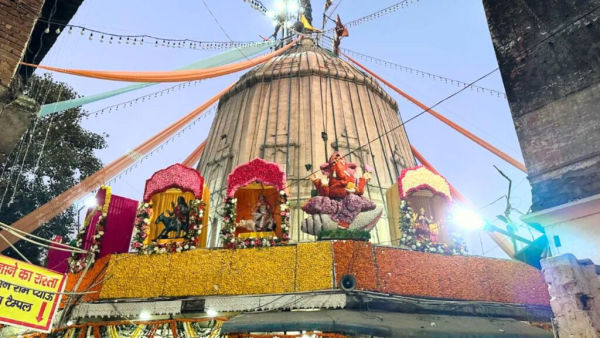
Kalkaji mandir: Traditionally solar eclipse and lunar eclipse in India are considered inauspicious. For this reason, most temples across the country close their doors during the Sutak period. During this time, worship and worship are stopped so that Devpratimas are not affected by negative energies.
But the famous Kalkaji Temple located in South Delhi breaks this tradition. This temple, which is counted in the most powerful backs of the Shakta sect, is also open at the time of eclipse. Devotees can see Maa Kali without any obstruction here.
According to Hindu tradition, the Sutak period is considered inauspicious during the sun and lunar eclipse. This time, which starts about 9 hours before the eclipse, is considered to be a religious impure. Therefore, worship, aarti and philosophy are banned in temples. In many places, the idols are covered with Tulsi Patra or Kush, so that the negativity of the eclipse does not affect them.
Kalkaji Temple of Delhi is an exception to this belief. Located in front of Nehru Place, this temple is open from 4 am to 11:30 pm even during normal days. Devotees here can see and worship Maa Kali even during the eclipse period.
According to the main priest of the temple, all the nine planets and twelve zodiac signs reside in this holy abode of Maa Kali. They are all considered to be the child of Goddess Kali. This is why eclipse has no effect here. Devotees also believe that the power of Maa Kali is heavy on any negative energy and their court should always be open.
The Kalkaji temple is not only important from religious point of view, but it is also a symbol of the rich cultural heritage of Indian society. The tradition here shows how faith, astronomy and religious beliefs are connected together in a unique form.